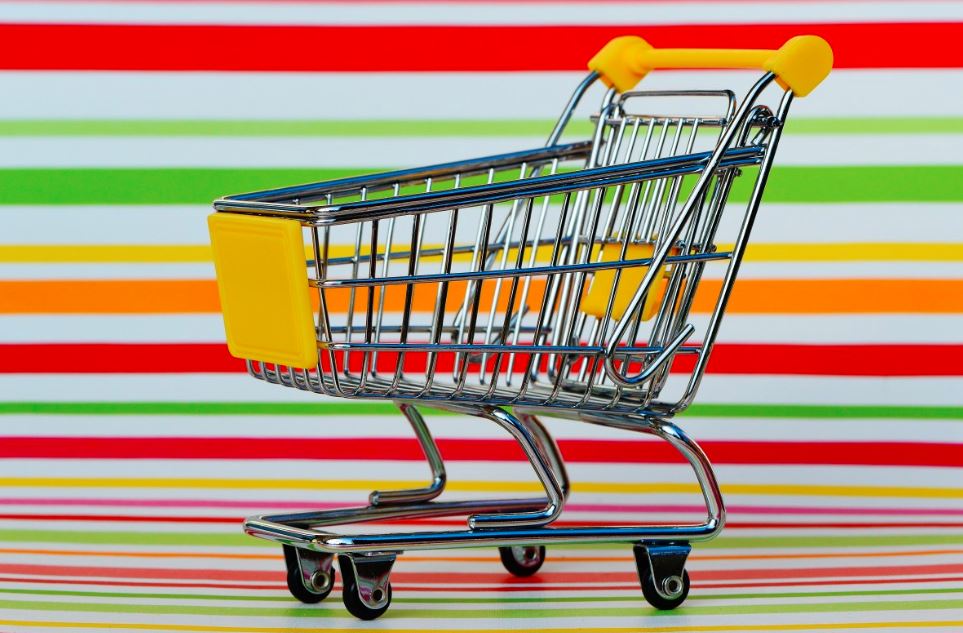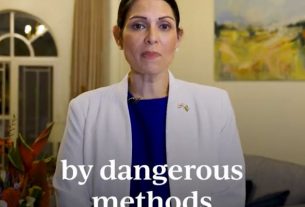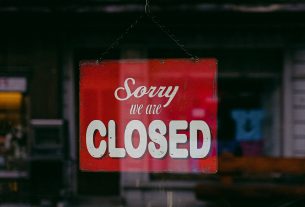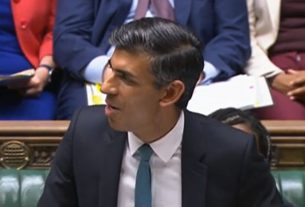Ministers, MPs and retail bosses have warned Rishi Sunak that his plans for voluntary food price caps will lead to shortages on shelves and “not make a jot difference” to prices.
Government ministers are also part of a growing backlash against the proposal to ask supermarkets and retailers to agree maximum prices for basic items such as bread and milk.
Health secretary Steve Barclay confirmed today (May 28) that the government is in talks with retails to “address the very concerns” over food inflation – currently running at 19%.
While Barclay told the BBC the government is “working constructively with retailers, the British Retail Consortium (BRC) – which represents the major supermarkets – said the plan “will not make a jot of difference” to high food prices.
Andrew Opie, director of food and sustainability at the BRC, continued: “As commodity prices drop, many of the costs keeping inflation high are now arising from the muddle of new regulation coming from Government.
“Rather than recreating 1970s-style price controls [introduced by then Conservative prime minister Edward Heath] the Government should focus on cutting red tape so that resources can be directed to keeping prices as low as possible.”
Julian Jessop, fellow at the IEA (Institute of Economic Affairs) thinktank was equally dismissive of the plan, commenting: “Caps on food prices are at best a pointless gimmick and, at worst, harmful to the very people they are supposed to help.
“It is not even certain that the prices of capped goods would end up lower than if there were no cap.”
Among senior Tories criticising the plan, former party leader Sir Iain Duncan Smith said he was “always pretty concerned when we start getting involved in the free markets”.
Veteran MP and former Tory minister Sir John Redwood warned that any government intervention on capping prices raised “competition law hazards”.
An unnamed cabinet minister told the Telegraph that 1970s-style price caps won’t work “in this day and age” and warned that food stuff would be “sold elsewhere” if supermarkets refused to increase prices.
However, former education minister Sir John Hayes, founder of the Common Sense Group – made up of Tory MPs and members of the Lords – praised the idea, calling it a “really good move”.
Hayes added that “the government will have to go further” if the voluntary system does not result in lower prices for consumers.
The government’s plan to cap food prices mimics a similar scheme introduced in France to combat inflation and try and ease the cost of living crisis, exacerbated by Russia’s war in Ukraine.
While the latest inflation figures showed a smaller than expected drop from 10.1% to 8.7%, food price inflation was running at a near record level 19.1% in the year to April.
Chancellor Jeremy Hunt said getting inflation down remains the government’s top priority and added that he backed further interest rate hikes to tackle it, even if that risked plunging the UK into a recession.




